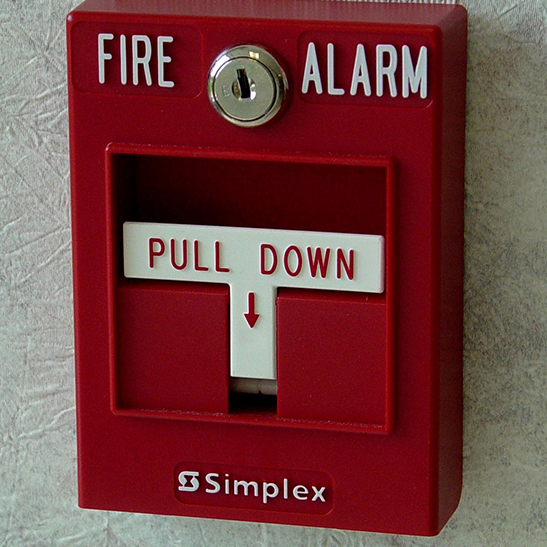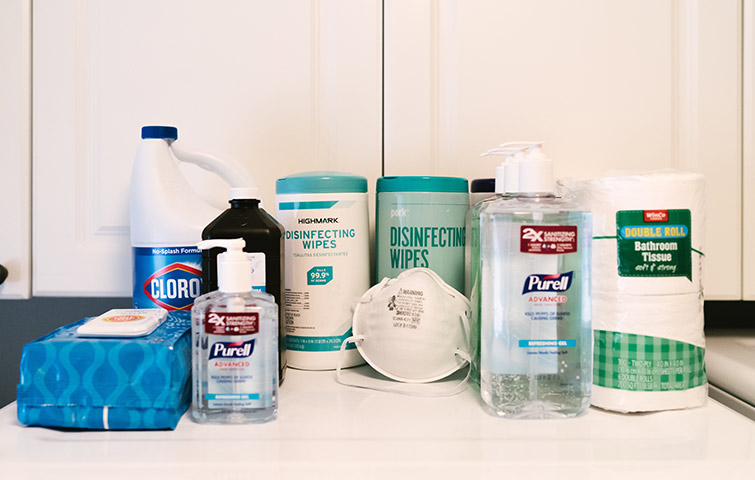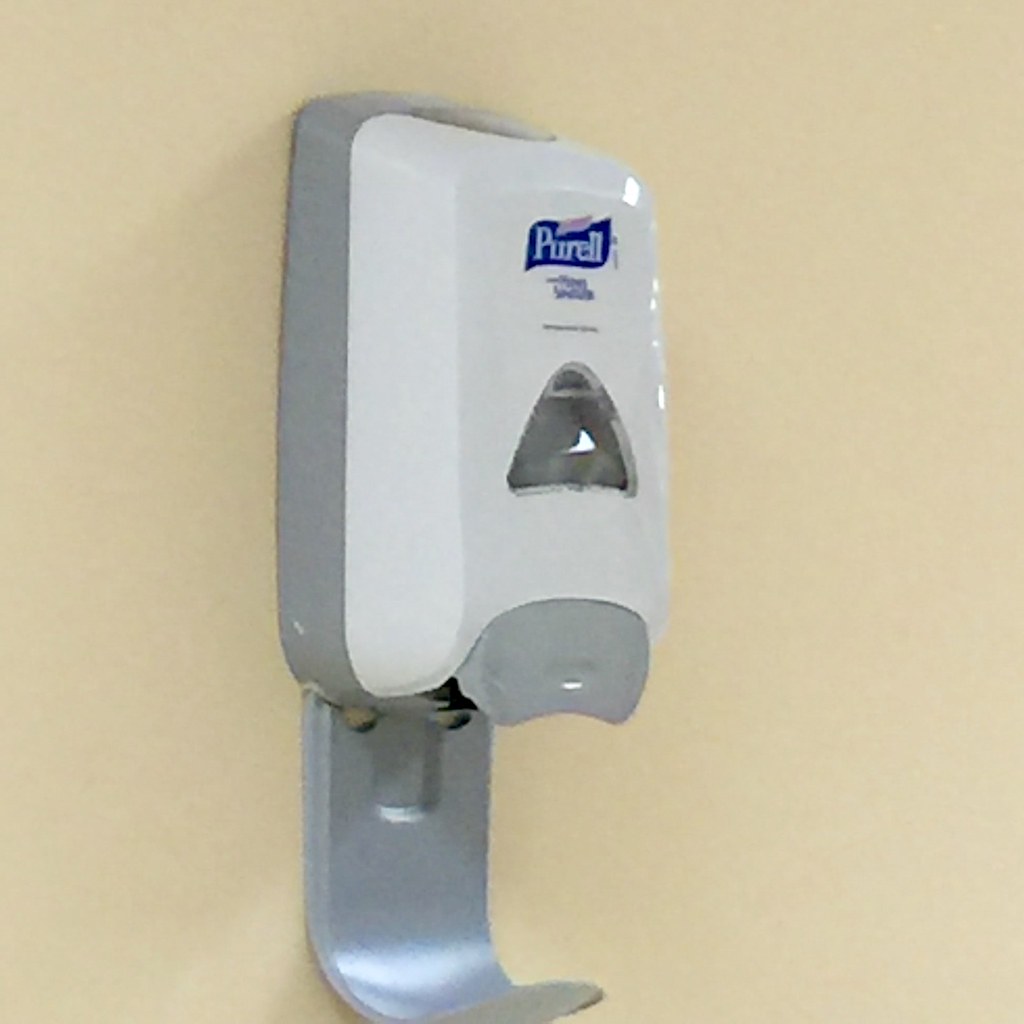One of the many challenges healthcare facilities are faced with during the COVID 19 pandemic is maintaining compliance with their building systems required inspection, testing and maintenance (ITM). Whether it’s a reduction or reallocation of internal facility management resources or the challenges of getting an outside vendor onsite to perform fire protection system maintenance, we are hearing that our healthcare clients cannot perform many of the required ITM on fire protection and life safety systems within the strict intervals they often audited against during accreditation and other regulatory surveys.
On April 30, CMS responded to these facilities in issuing a waiver to allow modification of the prescribed testing intervals for certain physical environment requirements for various health care and ambulatory health care occupancies. These waivers, which were released as part of the 1135 waivers, do not need to be applied for by facilities and can be utilized immediately. It should be noted that the required testing intervals for all systems are not being modified under this waiver, as several activities are considered critical. The following provisions are NOT included in the waiver:
- Sprinkler system monthly electric-driven and weekly diesel engine-driven fire pump testing;
- Portable fire extinguisher monthly inspection;
- Elevators with firefighters’ emergency operations monthly testing;
- Emergency generator 30 continuous minute monthly testing and associated transfer switch monthly testing;
- Means of egress daily inspection in areas that have undergone construction, repair, alterations or additions to ensure its ability to be used instantly in case of emergency.
Rather than provide a lengthy list of all of the required system testing that relief is being given, the government instead identified those critical systems for which relief is not being given. Facilities should review their preventative maintenance and regulatory compliance testing schedules accordingly. For example, many of the healthcare facilities we work with utilize outside sprinkler contractors to perform part of their required quarterly, semi-annual, and annual testing. Under these waivers, facilities are still expected to perform testing on tamper switches and waterflow devices that monitor the sprinkler system. These tests are required to be performed by NFPA 25 on at least a semi-annual basis. Under the waiver, a facility would not be cited on survey for having testing dates which exceed 6 months from the last recorded test. It is worthy to note that the waiver is not relieving the facility in performing the testing but rather only applies to the time frame which the testing is performed.
It is still strongly recommended that testing be performed within the required interval wherever possible. This relief is being granted starting March 1, 2020 and extending through the emergency declaration. We also recommend that facilities take the following steps if utilizing the waiver:
- Check with other state and local requirements and authorities in regards to any relief granted on timing from their regulations, which are often the same at the CMS requirements.
- Document where the waiver is being utilized in your test reports with specific dates. This is not being requested by CMS but is a prudent method to be able to memorialize where the waiver was needed and how it was applied based on the dates the waiver was applicable.
- Perform and record interim life safety risk analysis where system testing is outside of the specified interval. This documentation should be filed and kept internally.
This relief from strict compliance makes good common sense given all of the competing commitments and resource challenges facing facilities at the present time. We caution facilities to use them as intended, to give relief only where necessary, and where utilized document accordingly.
On May 11, CMS amended several other requirements that were not included in the previous waivers. The requirements now included in the waivers include the following:
- Alcohol-based Hand-Rub (ABHR) Dispensers: [CMS] are waiving the prescriptive requirements for the placement of alcohol based hand rub (ABHR) dispensers for use by staff and others due to the need for the increased use of ABHR in infection control. However, ABHRs contain ethyl alcohol, which is considered a flammable liquid, and there are restrictions on the storage and location of the containers. This includes restricting access by certain patient/resident population to prevent accidental ingestion. Due to the increased fire risk for bulk containers (over five gallons) those will still need to be stored in a protected hazardous materials area.
Please note that this allowance strictly relates to the locations of ABHR dispensers to be used by patients, staff, and visitors due to the added levels of infection control that hospitals and other facilities are implementing. As stated, bulk storage containers are still required to be within the maximum allowable code quantities. Due to the increased use of alcohol based hand rub, many facilities are increasing their storage quantities or even mixing their own utilizing ethanol. Great caution should be taken with the storage and/or dispensing of flammable liquids. Applicable fire codes contain regulations pertaining to the protection of these hazards which should be consulted if adjustments to storage quantities or the introduction of new processes are occurring. - Fire Drills: Due to the inadvisability of quarterly fire drills that move and mass staff together, CMS will instead permit a documented orientation training program related to the current fire plan, which considers current facility conditions. The training will instruct employees, including existing, new or temporary employees, on their current duties, life safety procedures and the fire protection devices in their assigned area.
- Temporary Construction: CMS is waiving requirements that would otherwise not permit temporary walls and barriers between patients.
It is recommended that these provisions are only used for relief where necessary and all instances are documented accordingly when used. If you or your facility have any questions regarding these added provisions to the 1135 Waivers, please do not hesitate to contact us.




